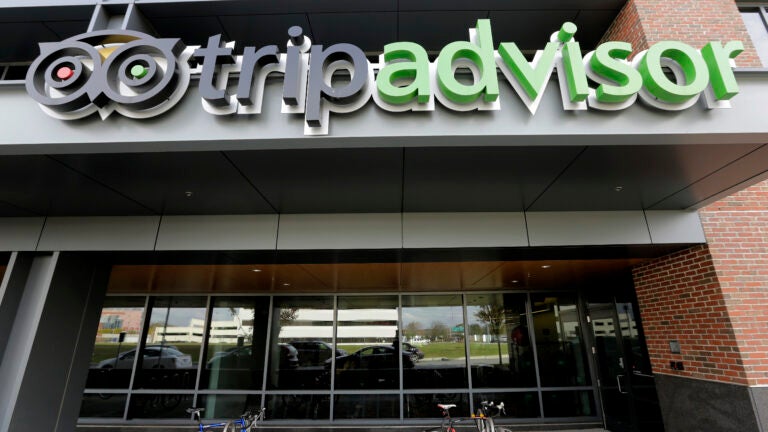TripAdvisor is shutting down their Boston office permanently

Tripadvisor is cutting a quarter of its workforce due to the coronavirus
Citing the financial effects of the coronavirus, Tripadvisor announced job cuts Tuesday affecting more than 900 employees — or roughly a quarter of its total workforce. “This is a tough day on many levels, and this pandemic has been nothing short of surreal,” Steve Kaufer, the Needham-based...www.boston.com
Undoubtedly the first of many to come.



